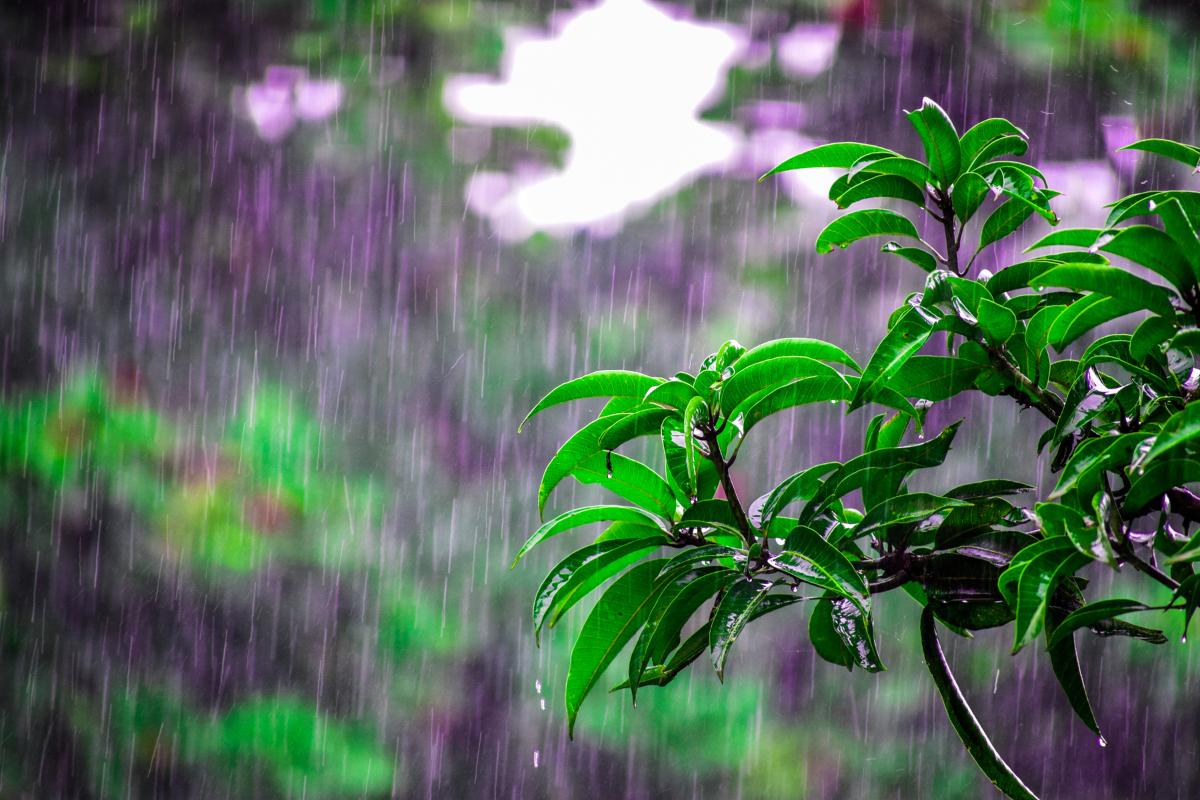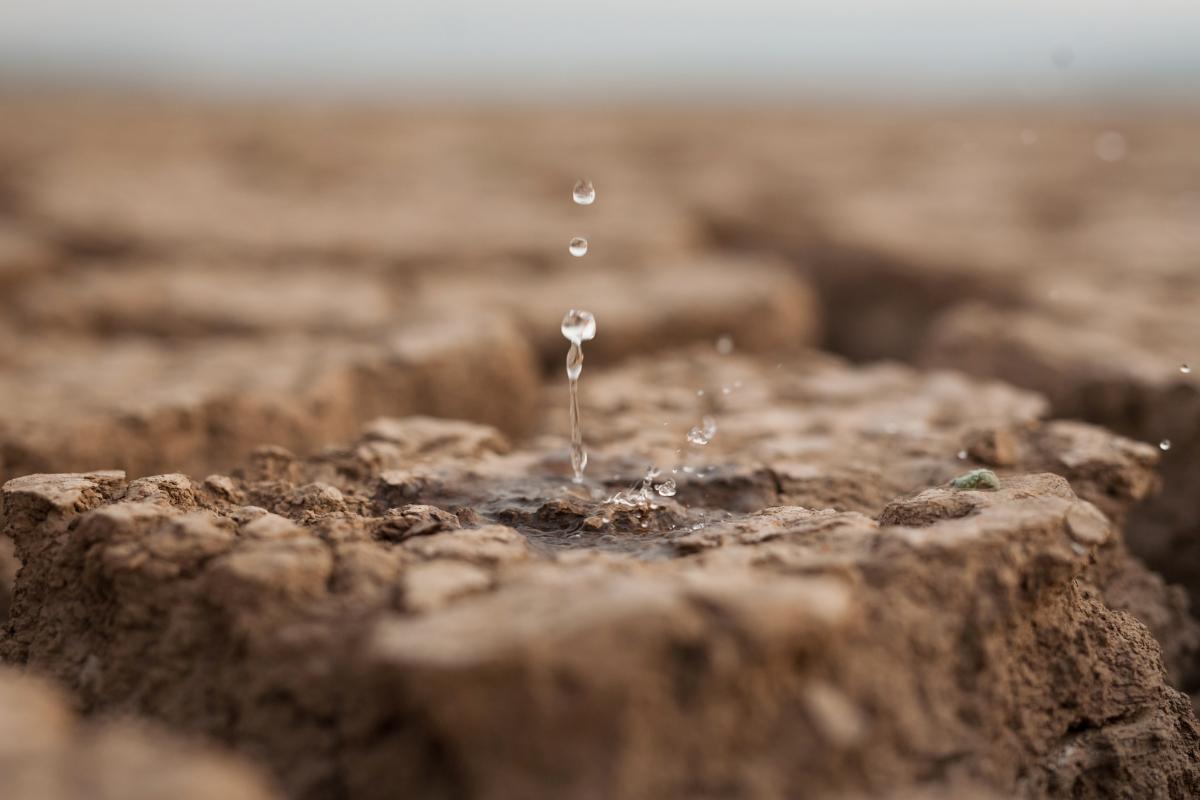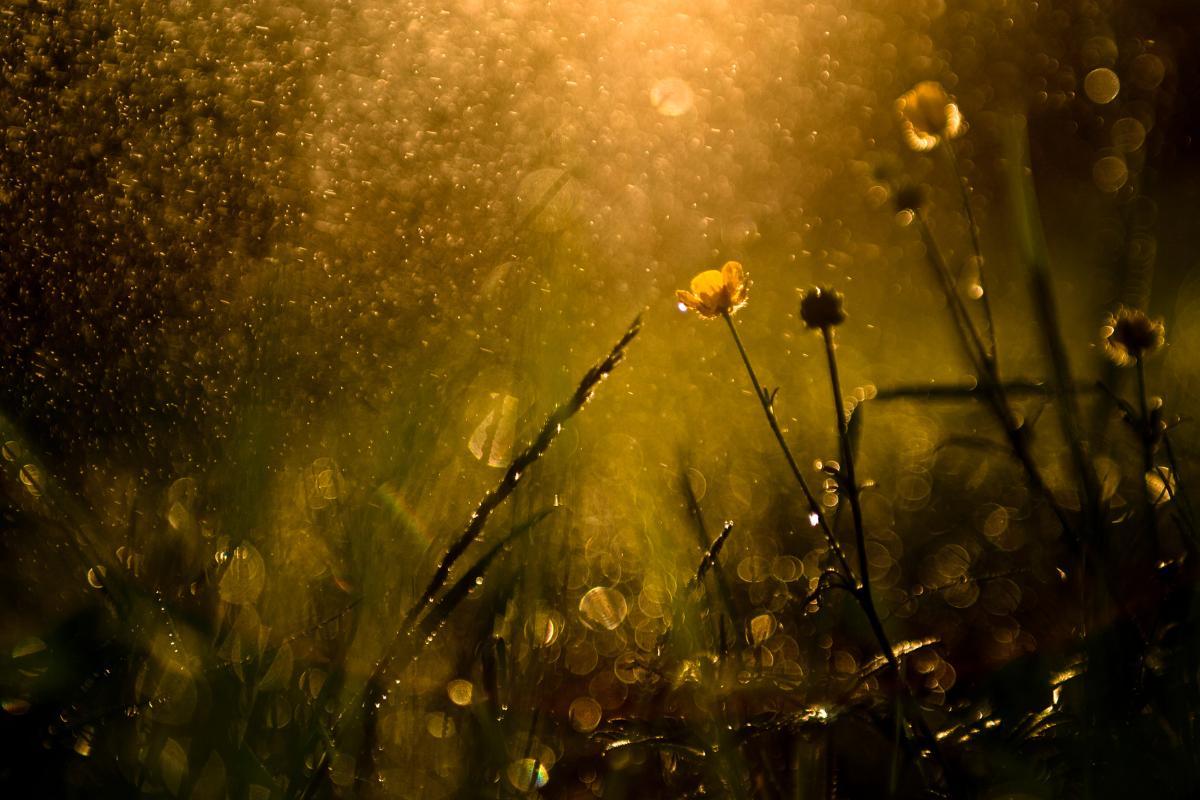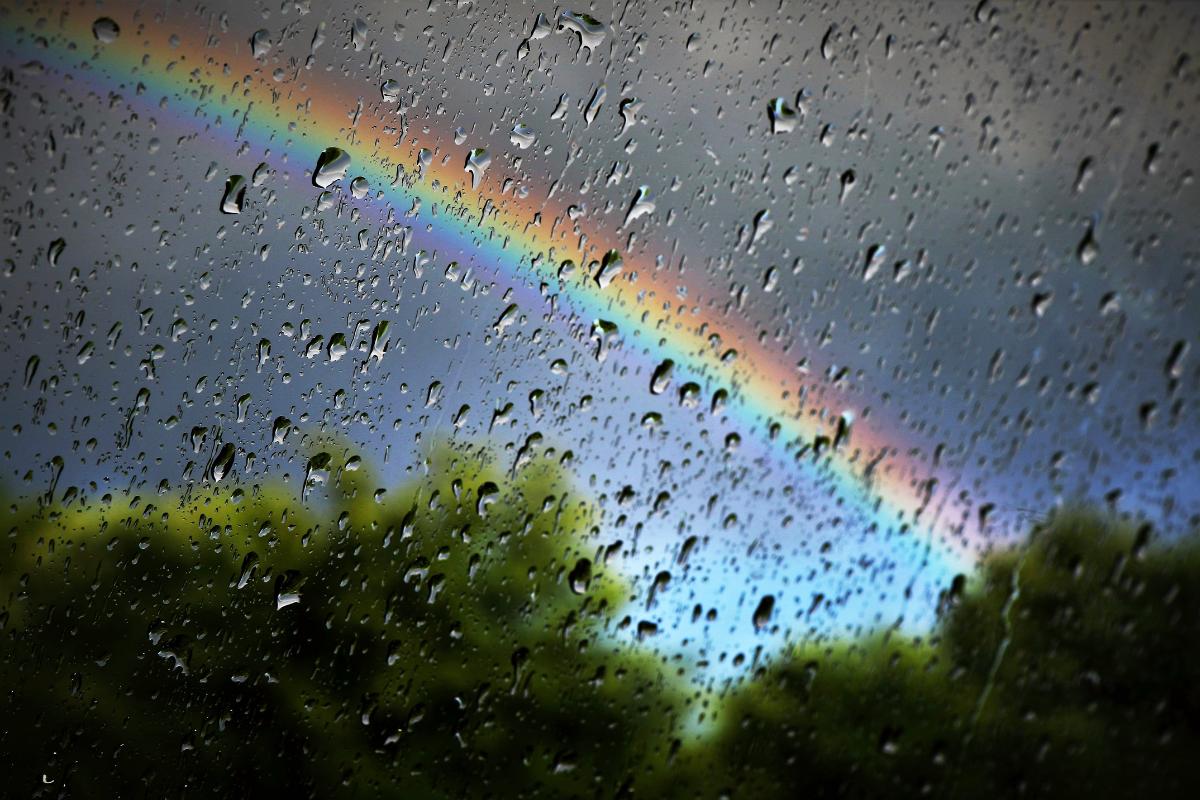Why Does Rain Have a Certain Smell?

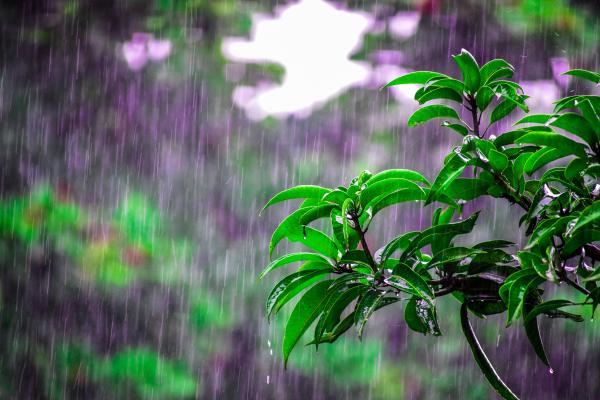
Ever noticed that unique earthy scent following a fresh downpour? That's not just dampness – it's petrichor, a fascinating phenomenon with a scientific explanation hidden behind its captivating aroma. This seemingly simple "smell of rain" is actually a complex interplay between the ground beneath our feet and the clouds above. We'll unravel the science behind it, from the release of organic compounds by soil bacteria to the essential oils secreted by plants.
This article by thedailyECO delves into the fascinating science of petrichor, explaining its origins, composition, and why we find its earthy aroma so pleasant
What is petrichor or smell of rain?
Petrichor, the distinct scent that arises after rain, is a fascinating phenomenon with scientific underpinnings.
The term "petrichor" was coined in 1964 by two Australian scientists. Derived from Greek words meaning "stone" and "lifeblood of the gods," it aptly captures the essence of rain invigorating the earth. Notably, other languages have their own terms for this scent, reflecting cultural nuances. Japanese "shinrin-yoku" emphasizes the holistic experience of rain-soaked forests, while Korean "hyangto" connects the smell with emotions like longing and nostalgia.
The aroma of petrichor emerges from a combination of factors. Dry soil, particularly after prolonged periods without rain, accumulates organic compounds. One key contributor is a plant-derived oil released during dry spells. This oil adheres to soil and rocks, waiting for the rain's arrival.
When raindrops hit the ground, they trigger the release of these volatile compounds into the air, carried aloft by wind and contributing to the characteristic petrichor scent.
Another key component is geosmin, a compound produced by soil bacteria. Similar to the plant oil, geosmin accumulates during dry periods and is released upon contact with rain. These combined elements create the unique and pleasant olfactory experience of petrichor.
Interestingly, petrichor is most noticeable after a long period of dry weather. Furthermore, different types of soil and plants can produce variations in the petrichor scent.

Can you replicate petrichor?
As mentioned earlier, petrichor is a complex aroma that arises from a blend of natural compounds released when rain hits dry soil. While perfectly replicating this scent remains a challenge, scientists and perfumers are exploring various approaches to capture its essence.
One approach involves synthetic compounds. Geosmin, a key molecule responsible for petrichor's earthy character, can be combined with essential oils like patchouli, vetiver, and cedarwood to mimic the scent's complexity. These blends can be effective, but they may lack the subtle nuances of natural petrichor.
Nature also offers its own methods. Soaking clay or soil in rainwater and then drying it can capture a faint echo of the real scent. Alternatively, collecting and diffusing rainwater itself provides a natural, though diluted, version of petrichor.
However, it's important to note that replicating petrichor isn't just about mimicking its chemical composition. The full experience involves a sensory interplay with the sights, sounds, and emotions associated with rain. Capturing this holistic aspect remains elusive.
Don't just smell the rain, understand it! Unravel the secrets of mud rain in this other article.
Can humans smell petrichor better than animals?
Whether animals perceive petrichor in the same way humans do is an interesting question with some intriguing possibilities but no definitive answer.
Most animals have a much more acute sense of smell than humans. For example, dogs have around 220 million olfactory receptors compared to our measly 5 million. This suggests they might be able to detect and potentially differentiate the complex mix of compounds that make up petrichor.
Additionally, some animals are observed to exhibit different behaviors before or during rain. Elephants appear to be more playful and social, while some reptiles and amphibians increase their activity. This could be linked to changes in air pressure, humidity, or other environmental factors associated with rain, but it's also possible they're picking up on the petrichor scent and responding to it in their own way.
It is important to note that for some animals, rain can be a signal of increased food availability or improved breeding conditions. If they can reliably detect petrichor as a precursor to these benefits, it could give them an evolutionary advantage.
Did you know a single storm can unleash more water than a thousand bathtubs? Uncover the hidden power of a torrential downpour in this other article.

Why we like the smell of rain?
Our fondness for the smell of rain, called petrichor, likely stems from a confluence of factors, both evolutionary and cultural:
Evolutionary reasons
For our ancestors, rain meant replenishment of water sources, vital for survival and the growth of food. This association might have hardwired a positive response to the rain scent in our brains.
Not only that, but rain washes away dust and airborne allergens, improving air quality and potentially reducing respiratory discomfort. This could have subconsciously made the rain smell more pleasant.
Cultural associations
Rain often signifies the end of dry spells and the start of new growth. This association with renewal and freshness can lead to positive feelings about the scent. Additionally, rain's calming sound and the feeling of coziness indoors during a downpour can create a sense of peace and relaxation, which might be indirectly linked to enjoying the rain's smell.
Of key importance is the fact that the perception and meaning of petrichor varies significantly across cultures. In agrarian societies, it often signifies hope for bountiful harvests and prosperity. Certain African cultures associate it with spiritual cleansing and purification. For Native American communities, the scent can evoke deep connections to the earth and ancestral spirits. These diverse interpretations highlight the complex cultural tapestry surrounding our experience of petrichor.

Psychological factors
Research suggests that petrichor isn't just evocative; it's demonstrably beneficial. Studies have found that exposure to the scent can lower cortisol levels, the stress hormone, leading to feelings of calmness and relaxation. Additionally, petrichor may activate the parasympathetic nervous system, responsible for the "rest and digest" response, further promoting relaxation and reducing anxiety. This stress-reducing effect can positively impact sleep quality and overall well-being.
But beyond relaxation, petrichor may also enhance cognitive function. Studies have shown that exposure to the scent can improve memory, focus, and creativity. This suggests that petrichor's beneficial effects extend beyond mood regulation, potentially even boosting mental clarity and productivity.
It is worth noting that not everyone enjoys the smell of rain. Some people might find it too strong or earthy, or have negative associations with rainy weather. However, for the majority of us, the combination of evolutionary, cultural, and chemical factors makes the smell of rain a pleasant and comforting experience.
Ever wondered how a calm day can transform into a raging storm? Discover the science behind hurricane formation and track their destructive path in this other article.
If you want to read similar articles to Why Does Rain Have a Certain Smell?, we recommend you visit our Facts about nature category.





